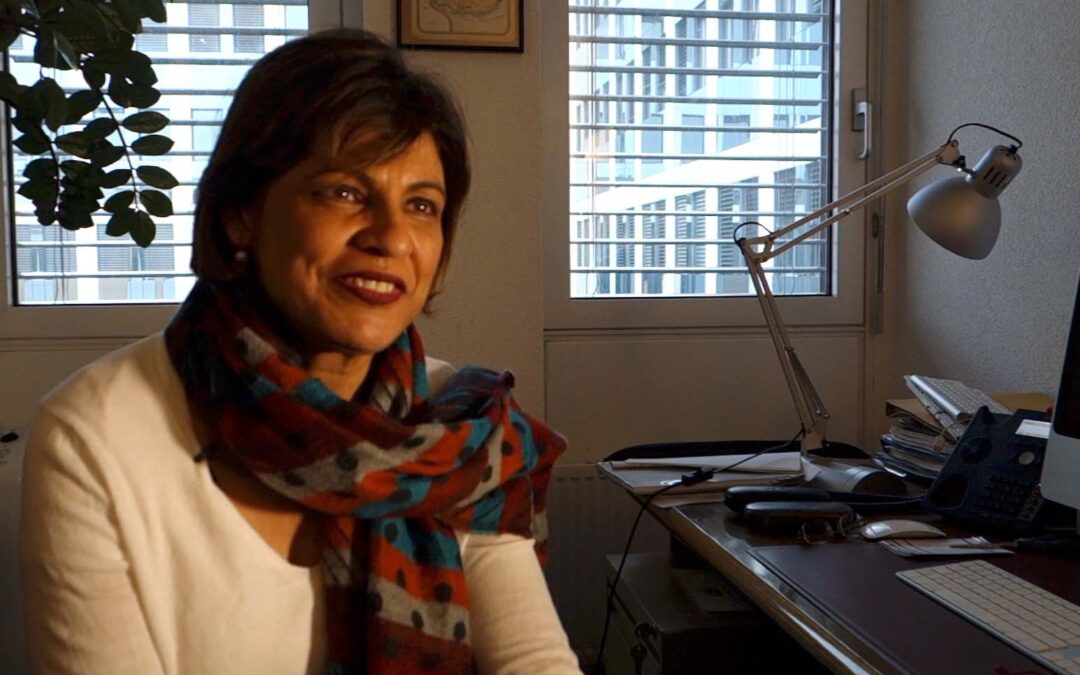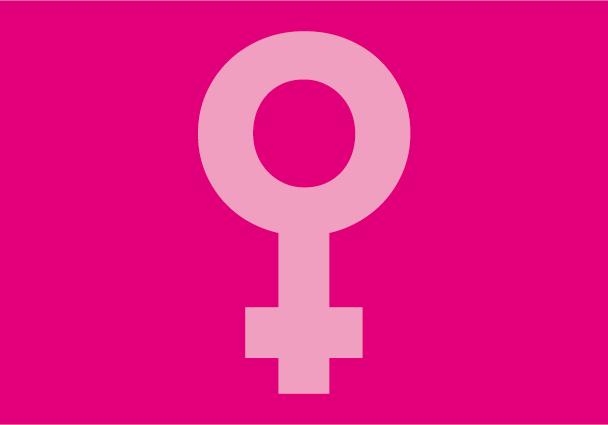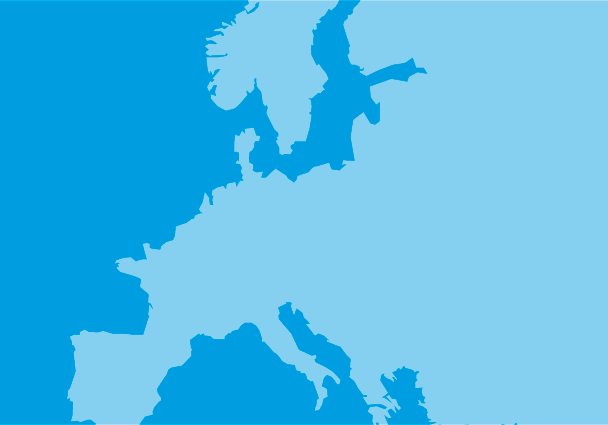
Sep 22, 2010
Although the conflict between the Government of Sri Lanka and the Liberation Tigers of Tamil Eelam (LTTE) ended in 2009, thousands of individuals are still detained without charge or trial.
“Beyond Lawful Constraints: Sri Lanka’s Mass Detention of LTTE Suspects” addresses the human rights concerns arising from the world’s largest mass detention of persons held in connection with an internal armed conflict. The ICJ is concerned that the GoSL’s “surrendee” and “rehabilitation” regime fails to adhere to international law and standards, amounting to an arbitrary deprivation of liberty and denial of the right to a fair trial.
Sri Lanka-mass detention LTTE-analysis brief-2010 (full text in English, PDF)

Aug 10, 2010
The ICJ and Avocats Sans Frontières (ASF) welcome the ruling the High Court of Fiji to permanently stay the remaining charge under local business licensing regulations against Imrana Jalal.
The high profile manner in which Ms. Jalal was criminally prosecuted for what are normally minor civil charges raised concerns internationally that she was being unfairly targeted by the interim government for her outspoken criticisms of its legitimacy and human rights record.
Fiji-permanent stay charges Jalal-analysis brief-2010 (full text in English, PDF)

Jun 25, 2010
The principles of equality and non-discrimination are fundamental tenets of international human rights law, and stand at the heart of international human rights protection.
It is clear that as long as law does not promote and protect women’s equality and as long as law that discriminates against women exists, progress in relation to guaranteeing women’s human rights can only go so far. Although there is no silver bullet to ending all discrimination against women reform of law that discriminates against women and the development and enactment of law that promotes and protects their equality is a critical step.
Women’s inequality before the law and in the administration of justice persists throughout the world and effects women in all countries, of all ages, and in all aspects of their lives. The lack of progress that has been made on this issue, despite repeated international commitments and widely ascribed-to international legal commitments, is widely acknowledged to be appalling.
Law is a formal expression of State policy. Without equality before the law and equal access to justice women have no recourse when they face discrimination in all aspects of their lives.
ICJ Non-Paper: Women’s Equality Before the Law: New Independent Expert of the UN Human Rights Council

Jun 11, 2010
The ICJ and Amnesty International submitted comments on the draft Guidelines of the Committee of Ministers of the Council of Europe on Eradicating Impunity for Serious Human Rights Violations.
Noting that the current draft reflects considerable progress towards strong guidelines on this topic, the comments highlight key issues which remain unresolved or on which the organisations retain concerns as to consistency with international law and standards.
Council of Europe-comments report Steering Committee-analysis brief-2010 (full text in English, PDF)

Jun 1, 2010
 The ICJ emphasised that impunity for companies that choose to act irresponsibly can only promote more violations.
The ICJ emphasised that impunity for companies that choose to act irresponsibly can only promote more violations.
The ICJ called for more attention to legal remedies for victims of corporate abuse in the context of the interactive dialogue with the Special Representative of the Secretary General on the issue of human rights and transnational corporations.
Dialogue rights enterprises-analysis brief-2010 (full text in English, PDF)










